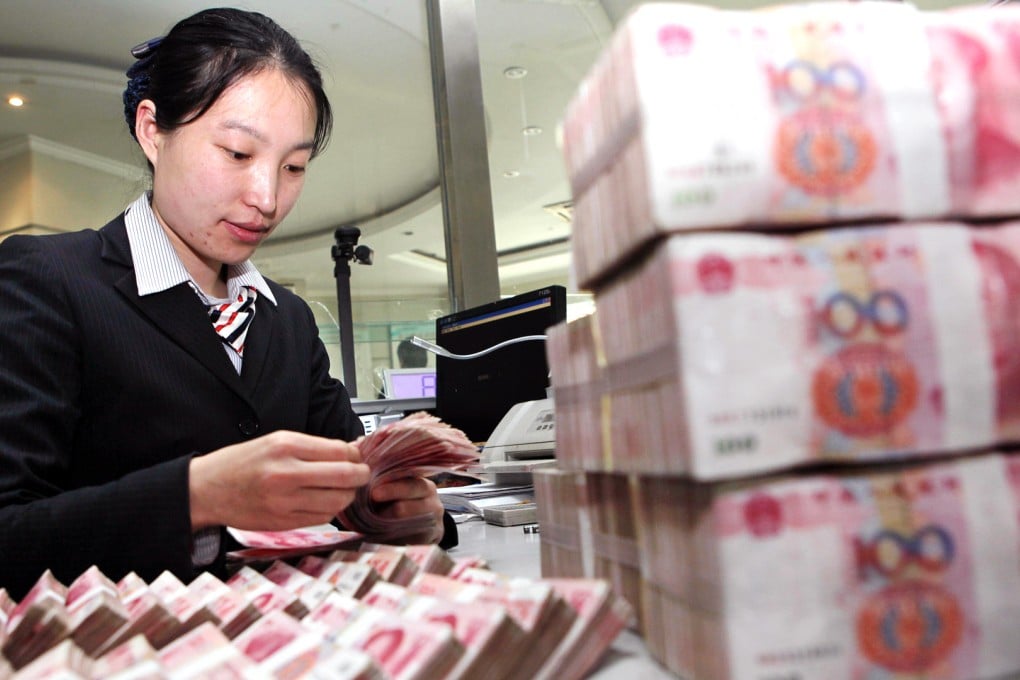China close to its goal of full yuan convertibility on its capital account
Pan Gongsheng,deputy head of the central bank, says move to offer more flexibility for Chinese investment abroad is 'not far away'

China is close to its goal of allowing the yuan to be exchanged for foreign currency without any limits on the amount - a move that will grant greater flexibility to Chinese investment overseas, the deputy head of the central bank says.
"We are not too far away from the yuan capital account full convertibility," said Pan Gongsheng, vice-governor of the People's Bank of China.
The latest step in the opening of the capital account - which measures inflow and outflow of capital and covers investments such as stocks, bonds and properties - will be the launch of the new qualified domestic institutional investor programme, or QDII2.
"The QDII2 will remove the block on individuals investing overseas," Pan told a wealth forum hosted by the local government in Qingdao , Shandong province yesterday.
China’s wealth management market is huge. People want to invest abroad to diversify the risk
The QDII2, which will allow Chinese individuals to directly invest overseas, is the second iteration of the QDII programme, which is restricted to financial institutions under a quota system.